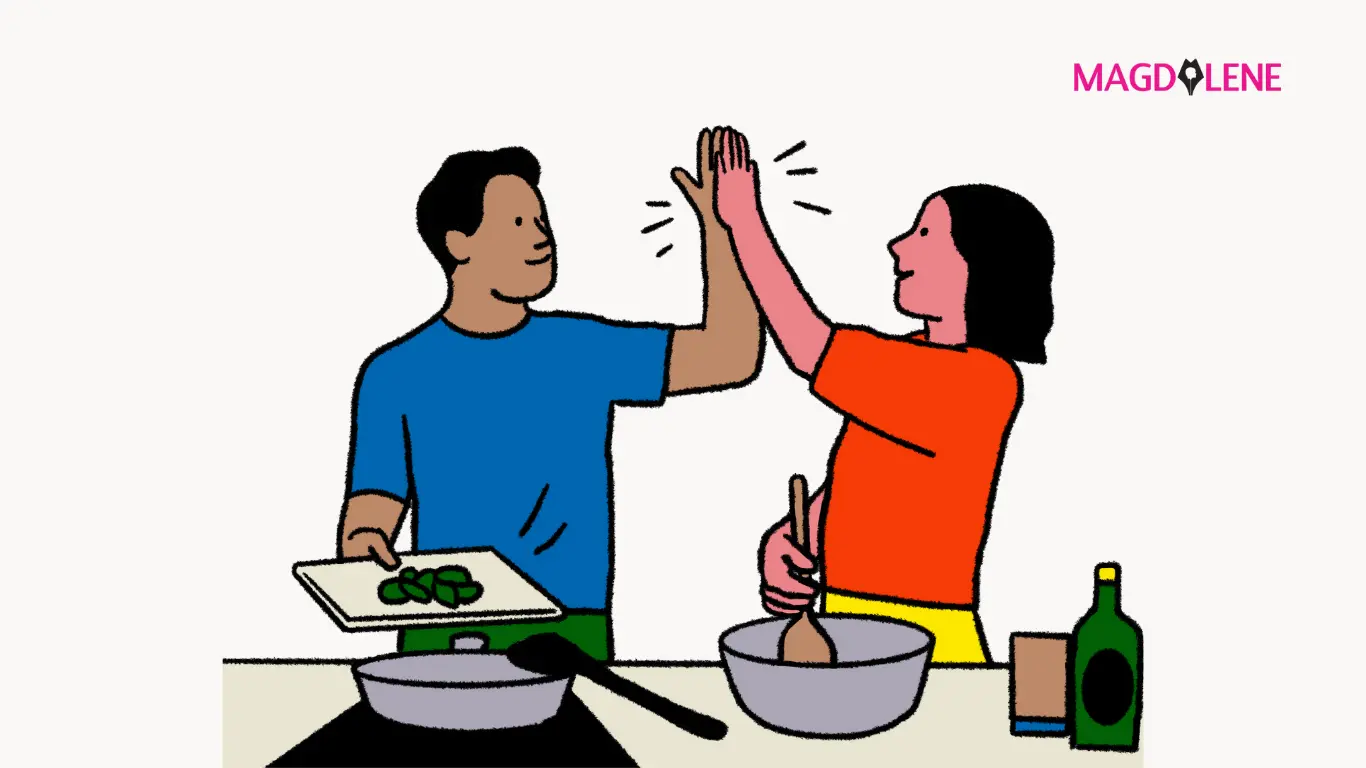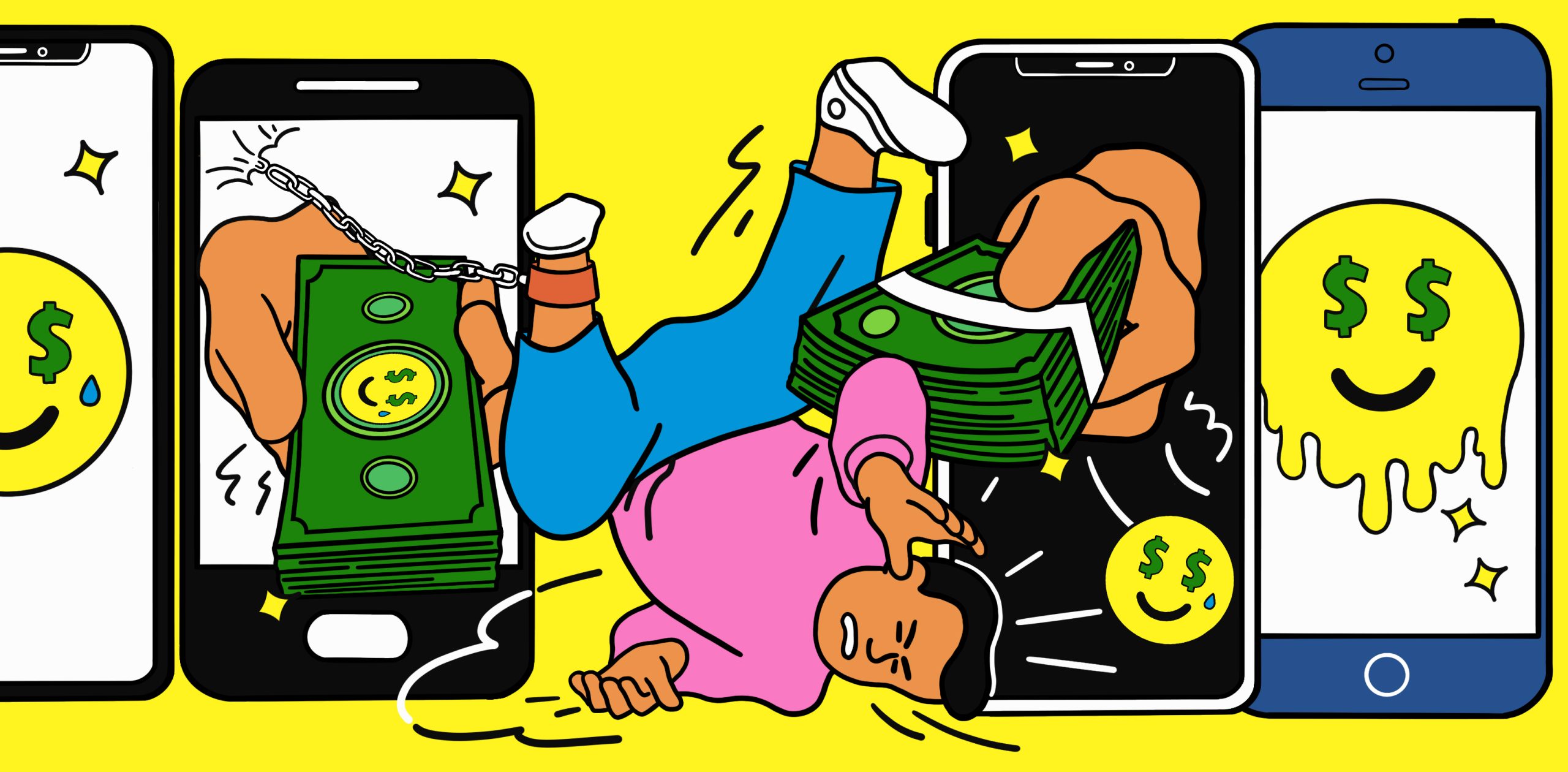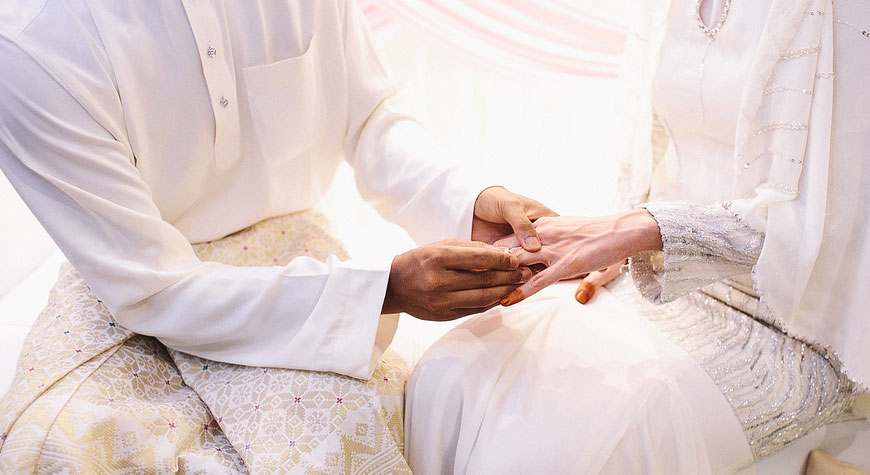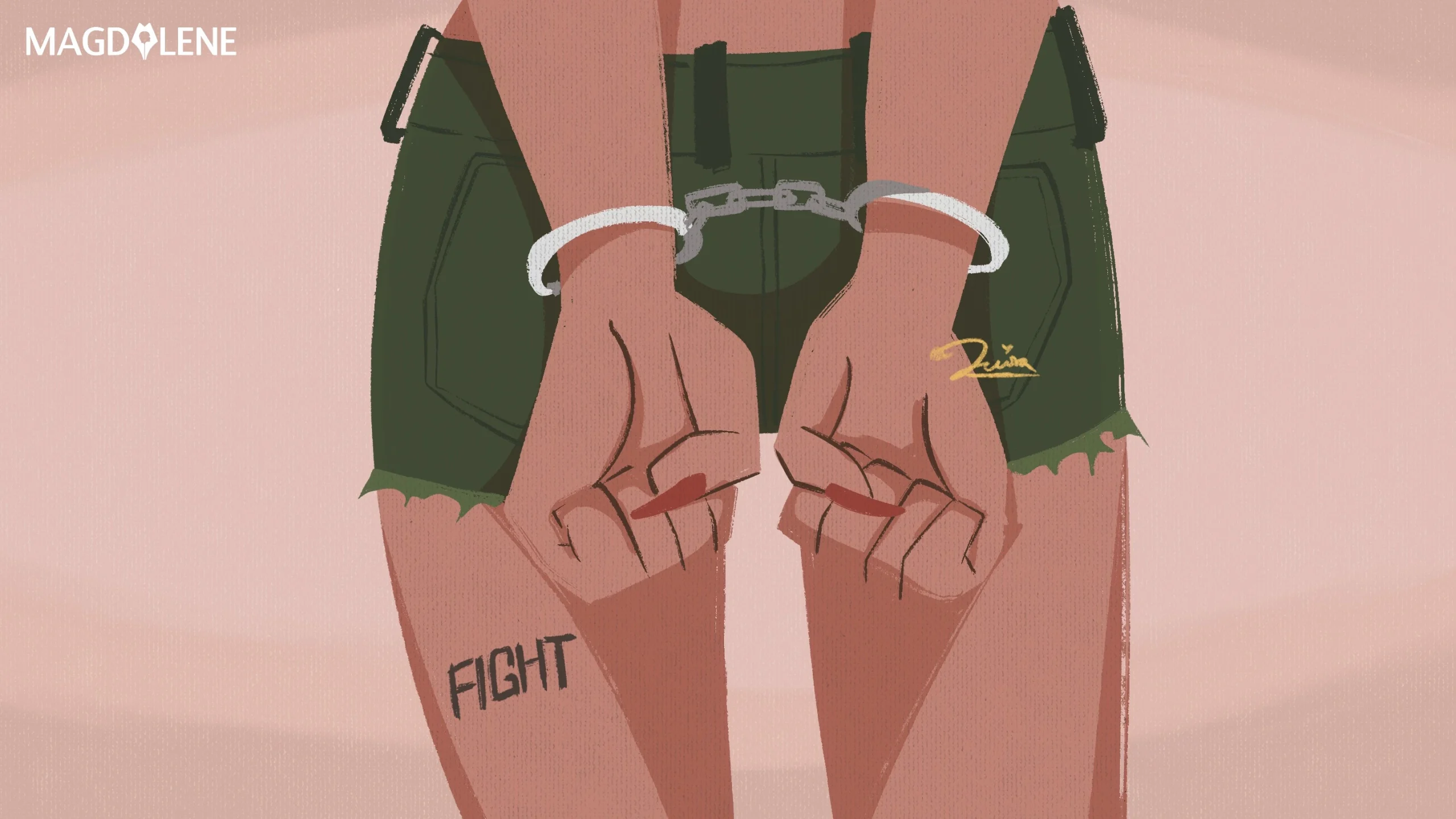Do Beauty Products Really Empower Us?
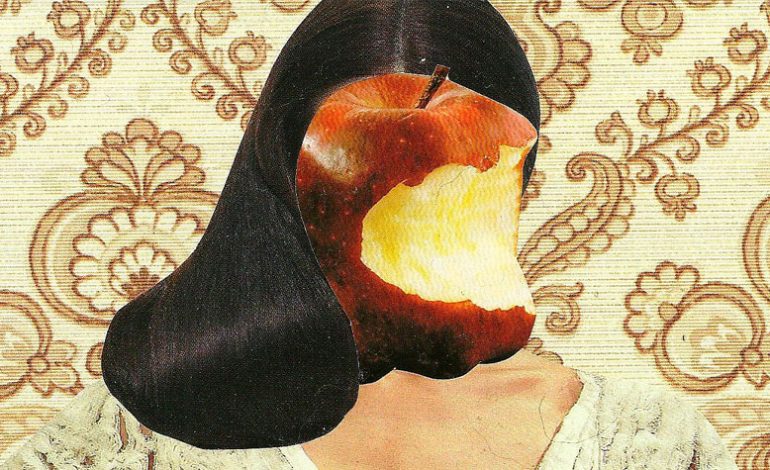
I have a problem.
I made my first skincare purchase – the Good Morning Low pH Gel Cleanser released by COSrx – about a year ago, suckered in by some talk on a forum about how empowering a proper skincare ritual was.
“You need to do all ten steps – the oil-cleanser, water-based cleanser, moisturizer. Oh, and these serums. And this sunscreen! Don’t forget the eye cream, either! OR THE SHEET MASKS.”
The more I read, and the more ads I saw, the more I was able to convince myself that skincare – and constant online shopping – was the perfect way to show self-love.
This first purchase eventually blossomed into a hundred more over the months, each one linked to a low point in my life. Every month I spent a large portion of my salary on makeup and beauty products and clothes, each one promising to make me feel loved and worthy.
“It’s empowering to take care of yourself,” each company cooed.
I had everything, the whole ten-step regimen: the face rollers, the massagers, the pore packs. Yet, I still felt helpless and trapped. My situation and position in life didn’t change because of my massive collection of beauty products. Where was the happiness and joy and stability that I’d been promised? Where was the glow?
The products we’re so often sold isn’t really about whatever is in the bottle, instead, what we’re really being peddled is an ideal. Think about it: are the problems that skincare is designed to fix – or prevent – really problems at all?
Acne, hyperpigmentation, visible pores, and wrinkles aren’t inherently negative. We’re only told that to create the illusion an ideal. Because when we believe in the ideal, we would feel like we need these products.
“Get flawless skin.”
“Do away with zits and pimples.”
“Glass complexion.”
“Don’t you want to glow?”
The current trend is skin that is perfect, poreless, and plump. And how can you achieve that? Simple: by buying products.
I don’t deny that wearing the perfect color of lipstick makes me feel like a boss. And slathering on my precious serums and sheet masks each night? I wouldn’t trade that for anything. But there are two truths that we ought to recognize.
The first is that no matter how empowering a brand’s content and copy are, their main goal is to make a profit. For many companies, self-care is just another trend to capitalize on. On top of that, fancy marketing copy too often masks the shady or dishonest business tactics that these “empowering” or “diverse” companies practice.
The second is that we can acknowledge that beauty and skincare make us feel beautiful and powerful while also realizing that our self-worth shouldn’t be based on these products. No matter how beautiful we feel, the reality is that we are still judged and discriminated against for our looks, rather than for our performances or skills. Women who don’t fit within the narrow range of what’s acceptable are still ignored, underestimated, or even actively discriminated against.
Self-care is about recognizing our intrinsic self-worth in a society that tries constantly to use, belittle, and manipulate us. And empowerment is the act of gaining power and authority.
To gain real empowerment for women, we have to dismantle systems that are keeping us fixed and pinned down. Things like the pink tax. Female genital mutilation. Disrespect in the workplace. Lack of accessible medicine and education. Institutional punishment because we report rapes.
Few of these things change simply because we buy a new lipstick or eye serum.
So I’d like to ask: is the beauty regimen truly empowerment? Or is it simply our coping method for a world that refuses to acknowledge our worth? Like a Band-Aid we stick on to deal with our anger and pent-up frustration.
Makeup and skincare may make us feel powerful, but what good are they if we’re still powerless in our day-to-day lives?
This isn’t an essay against makeup and skincare. Far from it: each person can define what self-care looks like for themselves. But I hope that we’ll stop conflating new purchases or brand loyalty with self-care because we’re worth more than that.
And just in case you needed a few tips on the many forms self-care can take, here are my suggestions:
- Going to bed on time, because your body needs rest
- Asking for help
- Creating a skincare ritual and sticking to it every day!
- Speaking honestly and openly to a trusted friend
- Sticking to your medication schedule
- Disconnecting for a day or two
- Deleting social media apps
- Trimming your nails rather than biting them
Theodora Sarah Abigail is a writer living in Jakarta with her husband and daughter. She is the author of In the Hands of a Mischievous God and can be found on Instagram.






